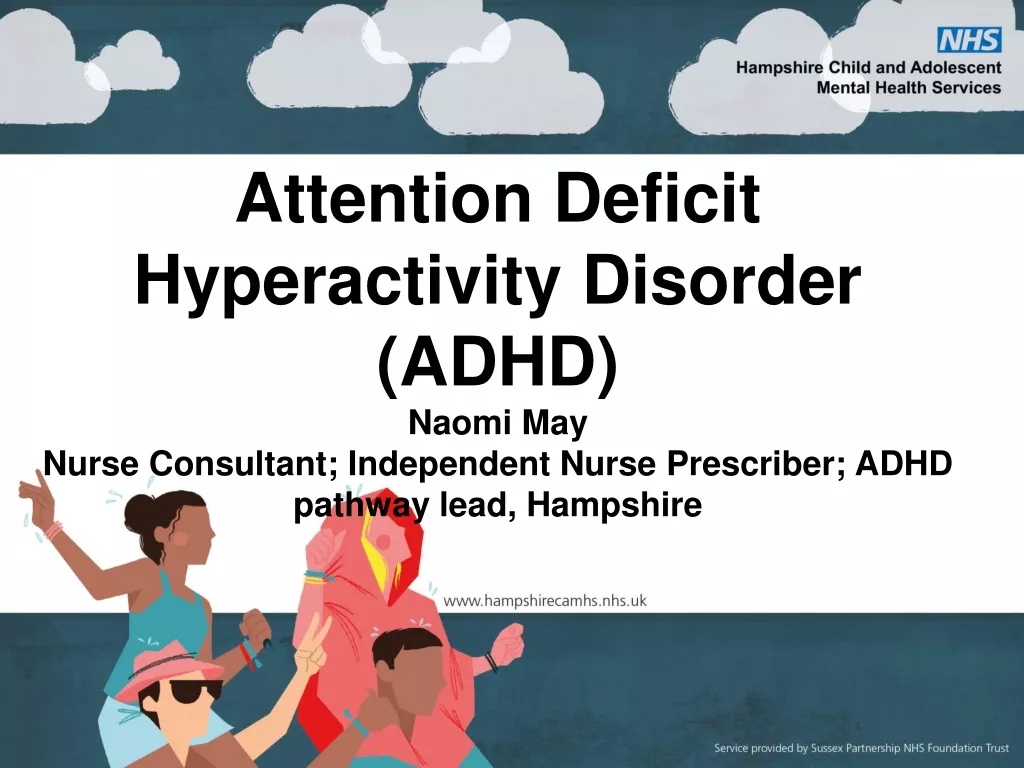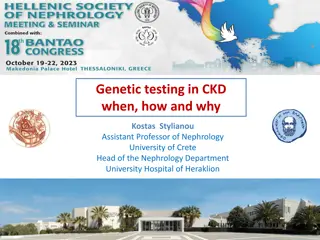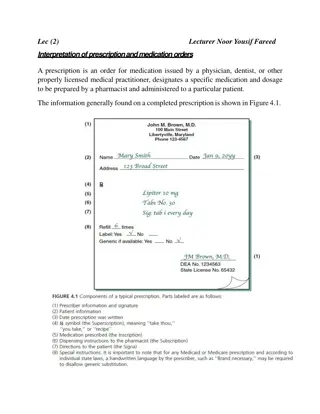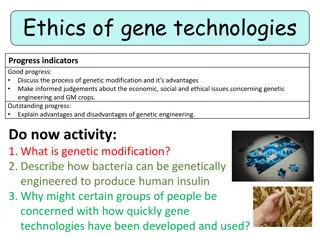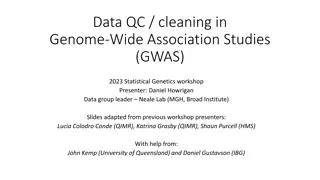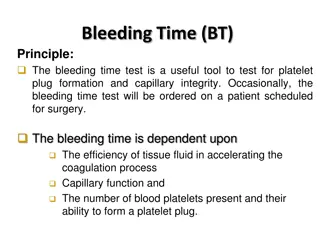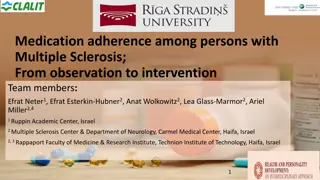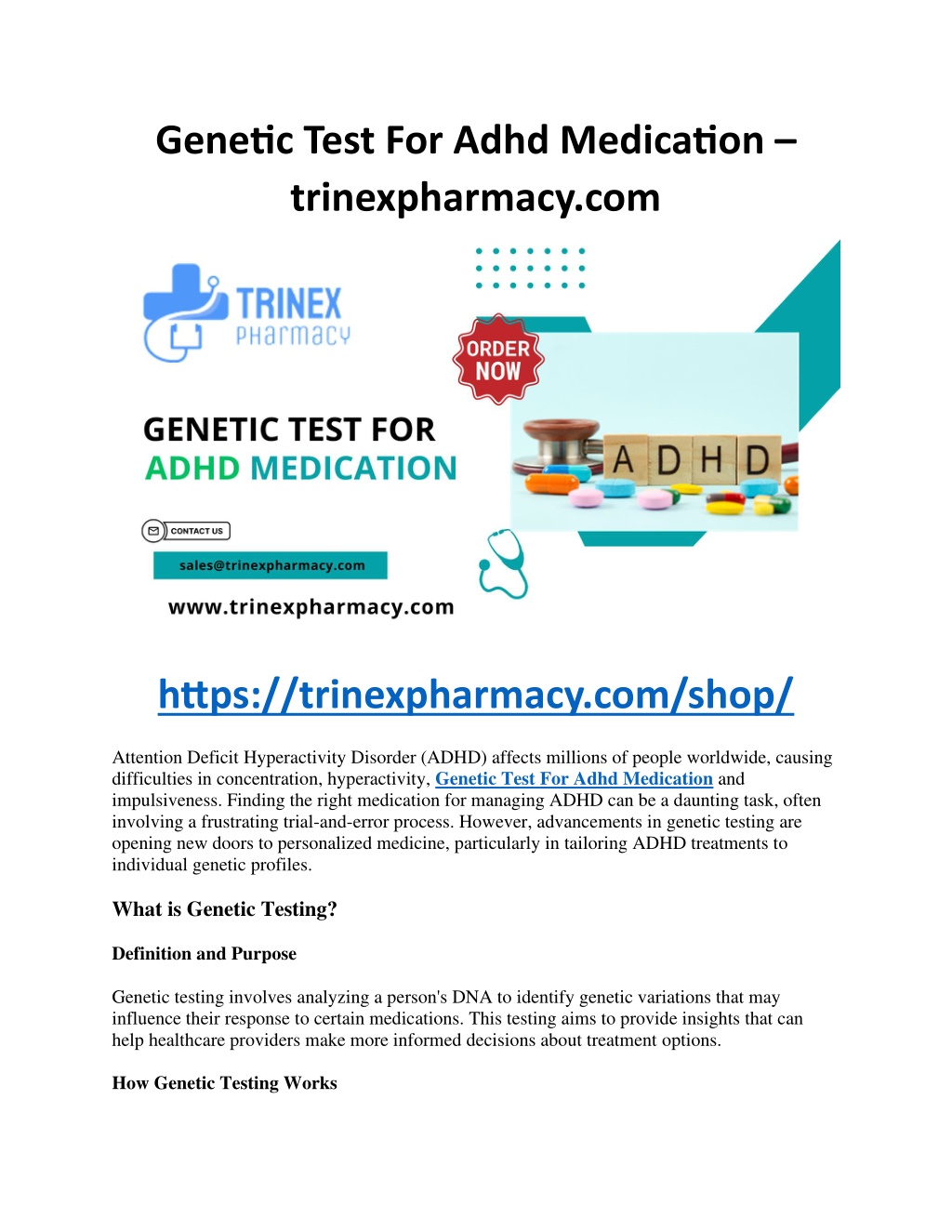
Genetic Test for Adhd Medication - trinexpharmacy.com
Attention Deficit Hyperactivity Disorder (ADHD) affects millions of people worldwide, causing difficulties in concentration, hyperactivity, Genetic Test For Adhd Medication and impulsiveness. Finding the right medication for managing ADHD can be a daunting task, often involving a frustrating trial-and-error process. However, advancements in genetic testing are opening new doors to personalized medicine, Contact : 1 (747) 209 u2013 3649 E-mail : sales@trinexpharmacy.com
- Genetic Test for Adhd Medication
- buy Genetic Test for Adhd Medication
- sale Genetic Test for Adhd Medication
- order Genetic Test for Adhd Medication
- Genetic Test for Adhd Medication online Genetic Test for Adhd Medication
- Genetic Test for Adhd Medication price
Download Presentation
Please find below an Image/Link to download the presentation.
The content on the website is provided AS IS for your information and personal use only. It may not be sold, licensed, or shared on other websites without obtaining consent from the author. Download presentation by click this link. If you encounter any issues during the download, it is possible that the publisher has removed the file from their server.
Presentation Transcript
Genetic Test For Adhd Medication trinexpharmacy.com https://trinexpharmacy.com/shop/ Attention Deficit Hyperactivity Disorder (ADHD) affects millions of people worldwide, causing difficulties in concentration, hyperactivity, Genetic Test For Adhd Medication and impulsiveness. Finding the right medication for managing ADHD can be a daunting task, often involving a frustrating trial-and-error process. However, advancements in genetic testing are opening new doors to personalized medicine, particularly in tailoring ADHD treatments to individual genetic profiles. What is Genetic Testing? Definition and Purpose Genetic testing involves analyzing a person's DNA to identify genetic variations that may influence their response to certain medications. This testing aims to provide insights that can help healthcare providers make more informed decisions about treatment options. How Genetic Testing Works
A simple sample, about-us usually a swab from the inside of your cheek, is collected and sent to a lab for analysis. The lab examines specific genes that are known to impact drug metabolism and effectiveness, providing a detailed report on how your body is likely to respond to various medications. The Role of Genetics in ADHD Genetic Factors Influencing ADHD ADHD is known to have a genetic component, with studies showing that it can run in families. Certain genes have been linked to the disorder, influencing how neurotransmitters in the brain function and affecting behavior. Hereditary Nature of ADHD Understanding the hereditary nature of ADHD can help in identifying those at risk and in developing personalized treatment plans. Genetic testing can reveal these inherited traits, providing a clearer picture of the best treatment approach. Genetic Testing for ADHD Medication What is it? Genetic testing for ADHD medication involves analyzing genes that affect how the body processes medications commonly prescribed for ADHD. This helps in identifying which medications are likely to be most effective and which may cause adverse effects. How it Helps in Personalizing Treatment By understanding an individual's genetic makeup, healthcare providers can tailor treatments to their unique needs. This personalized approach increases the chances of finding the right medication more quickly, reducing the need for a prolonged trial-and-error process. Types of Genetic Tests Available Pharmacogenetic Tests These tests focus on how genes affect a person's response to drugs. Refunds & Returns Policy They can identify variations in genes that influence drug metabolism, helping to predict which medications will be most effective and safe. Tests Specific to ADHD Certain genetic tests are designed specifically for ADHD, analyzing genes related to the disorder and how they interact with various medications. These tests provide detailed insights that are directly applicable to ADHD treatment.
How Genetic Testing Guides Medication Choices Matching Medications to Genetic Profiles Genetic testing can reveal which medications are likely to work best based on your genetic profile. This can help in choosing the right drug and dosage, Blog minimizing side effects and maximizing efficacy. Reducing Trial and Error in Treatment Traditional approaches to ADHD medication often involve trying multiple drugs and dosages before finding the right one. Genetic testing can streamline this process, reducing the time and discomfort associated with finding an effective treatment. Benefits of Genetic Testing for ADHD Medication Increased Efficacy By tailoring medication to an individual's genetic profile, the chances of effective treatment increase significantly. This means better control of ADHD symptoms and improved overall functioning. Fewer Side Effects Genetic testing helps identify medications that are less likely to cause adverse effects, making the treatment process more comfortable and sustainable. Improved Quality of Life Effective, personalized treatment can lead to a significant improvement in quality of life, allowing individuals with ADHD to manage their symptoms more effectively and achieve their full potential. Limitations and Considerations Cost and Accessibility Genetic testing can be expensive, and not all insurance plans cover it. Accessibility may also be an issue, particularly in regions with limited healthcare resources. Ethical and Privacy Concerns There are ethical considerations regarding genetic testing, including concerns about privacy and the potential misuse of genetic information. It's important to choose reputable providers who prioritize patient confidentiality.
Steps Involved in Genetic Testing for ADHD Medication Consultation with a Healthcare Provider The process begins with a consultation with a healthcare provider, who can explain the benefits and limitations of genetic testing and help determine if it's the right choice for you. Sample Collection and Analysis A sample is collected, usually via a cheek swab, and sent to a lab for analysis. The lab examines specific genes related to drug metabolism and ADHD. Interpreting Results with a Professional Once the results are available, they should be reviewed with a healthcare professional who can help interpret the findings and make recommendations for treatment. Case Studies and Real-Life Examples Success Stories There are numerous success stories of individuals who have benefited from genetic testing for ADHD medication. These cases often highlight the rapid improvement in symptoms and overall well-being after finding the right medication. Challenges Faced Despite the benefits, there are also challenges. Some individuals may not find the testing conclusive, and others may face barriers related to cost and accessibility. Expert Opinions on Genetic Testing for ADHD Medication Medical Community Views Many healthcare professionals see genetic testing as a promising tool for improving ADHD treatment. However, they also emphasize the need for further research and validation. Patient Testimonials Patients who have undergone genetic testing for ADHD medication often report positive experiences, noting quicker and more effective treatment outcomes. Future of Genetic Testing in ADHD Treatment Advances in Technology
As technology advances, genetic testing is likely to become more accurate, affordable, and accessible. These improvements could make personalized medicine a standard approach in ADHD treatment. Potential Developments Ongoing research may uncover new genetic markers and treatment options, further enhancing the ability to tailor ADHD treatments to individual needs. Frequently Asked Questions How Accurate is Genetic Testing for ADHD Medication? Genetic testing is quite accurate in identifying genetic variations that affect drug metabolism. However, it's important to remember that it is one tool among many and should be used in conjunction with other diagnostic methods. Can Genetic Testing Replace Traditional Diagnosis? No, genetic testing is not a replacement for traditional diagnostic methods. It is a complementary tool that can enhance the treatment process once a diagnosis has been made. What are the Costs Involved? The cost of genetic testing can vary widely, ranging from a few hundred to several thousand dollars. It's essential to check with your insurance provider to see if they cover the test. How Long Does It Take to Get Results? The turnaround time for genetic testing results can vary but typically ranges from a few days to a few weeks. Is Genetic Testing Covered by Insurance? Coverage for genetic testing varies by insurance provider and plan. It's important to check with your insurer to understand what is covered. Conclusion Genetic testing for ADHD medication represents a significant step forward in personalized medicine. By tailoring treatments to individual genetic profiles, it offers the potential for more effective and efficient management of ADHD symptoms. While there are limitations and considerations, the benefits of personalized treatment plans can lead to improved quality of life for those with ADHD. As technology continues to advance, genetic testing may become an integral part of ADHD treatment, providing hope for better outcomes and fewer side effects.
Contact : +1 (747) 209 3649 E-mail : sales@trinexpharmacy.com

